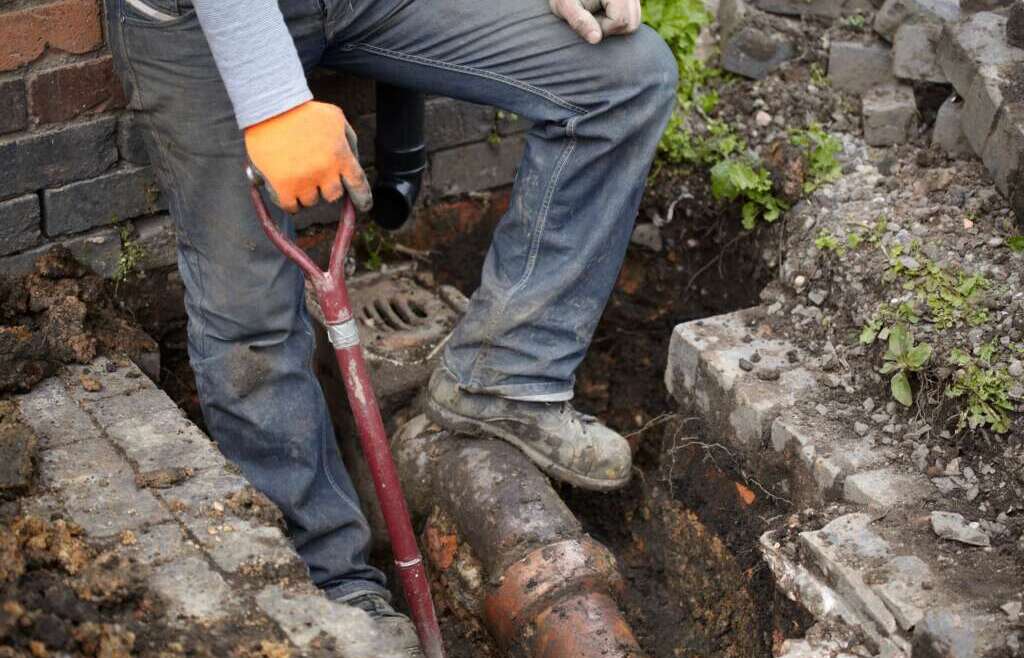
Rhode Islanders: lend me your ears! I’m sure many of you are using disinfecting or cleaning wipes in your homes, cars, etc., while trying to avoid contact with COVID-19. This virus is reported to live on certain surfaces for up to seventeen days before disinfection procedures were implemented, as evidenced by the cruise ship industry. While cleaning supplies are essential in your cleaning regimen right now, they cannot be flushed.
Damage is already accumulating. The RI Department of Environmental Management (DEM) has issued reminders about the fact that these items cannot be disposed of by flushing them away. This warning is true even if the packaging advertises that they are flushable. The wipes must be thrown away. Why? They do not break down quickly enough, like toilet paper does. You’ll need permitting help to get you out of the mess created by these clogs and the ensuing damage.
The Damage Caused
A number of R.I. communities have reported pump station failures as a result of clogging caused by these wipes. Reports of wastewater system overflows are occurring as well, which can lead to wastewater treatment issues. As one example, the Burrillville Sewer Commission notified DEM that equipment and pump stations have been continually clogged by disinfectant wipes. Crewmembers in that town have been called out after-hours to clear clogged pipes in order to prevent sewage overflows.
Narragansett has experienced approximately $7,300 worth of repairs after wipe clogging has damaged two pumps at one of the pump stations and town wastewater employees had to respond before sewage released into the surrounding environment. Permitting help for municipalities under these conditions will likely involve the federal government.
Permits for many city and town wastewater disposal and treatment systems are issued through the EPA’s National Pollutant Discharge Elimination System (NPDES) program. Quick access to permitting help will also prevent other issues. The DEM Director, Janet Coit, noted that “[p]roper functioning of our wastewater treatment system is critical to protecting public health by preventing viruses and bacteria from getting into your homes, onto roadways and into our waterways.” Proper disposal should be part of everyone’s protective measures.
The Damage Impacts You Personally
Importantly, problems caused by flushing disinfectant wipes are problems you face personally because the increased costs of response and repairs fall primarily on taxpayers’ shoulders. Most wastewater management and treatment entities operate with tax dollars. In addition, damaged sewer systems can cause backups that spill into roads and/or basements.
If you are not tied into city/town sewer lines, your own onsite wastewater treatment systems (like septic systems, cesspools, and tight tanks) are just as easily damaged. Permitting help will be critical in these areas, especially to make sure repairs and replacements can occur as soon as possible. The costly damage requires lots of money and permitting to repair or replace, and these permits are not easily obtained while the government is operating at minimal capacity.
If you have questions, or if you need permitting help as a result of damage caused by disinfectant wipe clogging, contact us. We can assist with ensuring the most efficient process to address wastewater treatment issues and/or permitting compliance. Our firm provides counsel to help you repair or replace your treatment system, avoid further damage to your property and the nearby area, and avoid potential violation enforcement actions. Call us today at 401.477.0023.
